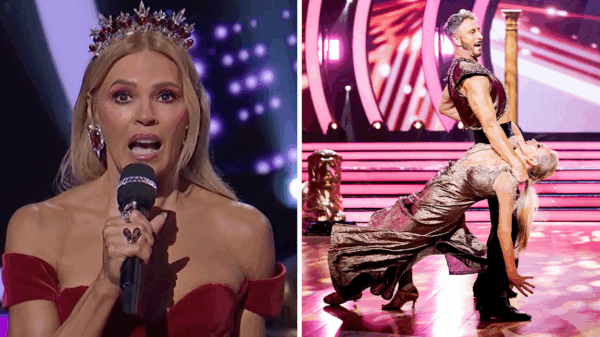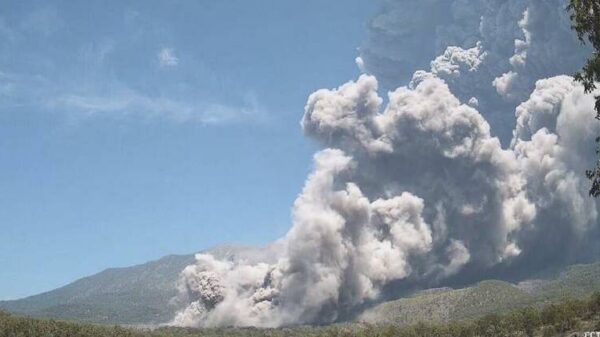On August 6, 1945, the United States dropped an atomic bomb on Hiroshima, resulting in the immediate loss of over 100,000 lives. This catastrophic event marked a significant moment in history, leading to the end of World War II but leaving a legacy of suffering that resonates to this day. As we approach the 80th anniversary of this devastating act, reflections on the impact of nuclear warfare continue to evoke deep emotional responses, particularly for those who visit the Hiroshima Peace Memorial Park.
In November 2019, I had the opportunity to visit Hiroshima, a city that embodies both tragedy and resilience. The day was serene, with sunlight filtering through clouds, contrasting sharply with the historical significance of the site. Having taught English to many Japanese students in Melbourne, I felt a profound connection to their homeland. Yet, standing in the Peace Memorial Park, I was overwhelmed by the horror of the atomic bombings, which inflicted unimaginable suffering on the civilian population.
The chilling reality of that day is difficult to comprehend. According to reports, the bombings not only caused immediate devastation but also led to severe long-term health consequences for countless survivors, with an estimated additional 100,000 people succumbing to injuries and radiation exposure in the following years. Each casualty represents a life cut short, reminding us that these figures are not mere statistics but rather individuals—fathers, mothers, children—whose lives were irrevocably altered.
Witnessing the Legacy of Suffering
The Hiroshima Peace Memorial offers a stark representation of the horrors experienced during that fateful day. Visitors can explore exhibits that include harrowing testimonies from survivors, known as hibakusha, who share their experiences decades later. These accounts are supported by dedicated descendants and anti-nuclear activists, many of whom are committed to advocating for peace and highlighting the futility of war.
As I stood at the memorial, I was struck by the resilience of the survivors and the ongoing efforts to educate the world about the consequences of nuclear warfare. The stories told by these individuals serve as a poignant reminder of the human cost of conflict and the necessity of remembering our past.
Looking Towards the Future
As we reflect on the events of August 6 and August 9, 1945, it becomes essential to consider whether humanity can learn from its history. The questions linger: Can we envision a world where power is not wielded destructively? Is it possible for people of diverse backgrounds to coexist peacefully?
While history suggests that achieving global harmony may be a daunting challenge, it is crucial for those of us who enjoy relative tranquility to remain engaged. We must confront the realities of violence and suffering occurring globally and strive to contribute positively to our communities.
In a world still grappling with conflict and division, the lessons of Hiroshima and Nagasaki remain relevant. As we move towards this significant anniversary, it is our collective responsibility to ensure that the horrors of the past inform our actions for a more peaceful future.
Janine Joseph, a writer based in Melbourne, emphasizes the importance of remembrance and advocacy for peace, urging all to reflect and act towards a better world.





































































